You probably haven't heard of the spice coriander and maybe it's even in your kitchen. Coriander is an annual plant and its dried fruit and fresh leaves are widely used in cooking and in Thailand even the roots are used.
The taste of the fresh leaves is radically different from that of the dried seeds. The leaves and stems have a fresh but very strong citrus flavor, which is intolerable to a great amount of people in the world.
Even ancient people discovered that coriander is extremely useful for improving the overall condition of a healthy person's body. When there are problems, it has been proven to successfully deal with gastric and duodenal ulcers, as well as gastritis.
The fruit of the plant support the functions of the digestive system, stimulating peristalsis of the intestines, thereby increasing appetite and soothing pain. It is for this reason that it has been used with success as a remedy for removing gas in the stomach and treating lazy bowels, constipation and lack of appetite.
The Ayurvedic system claims that coriander improves digestion and may very well help improve the condition of people with Crohn's disease. The leaves also have cooling properties, which can be very healthy, for those who like to eat spicy food.
Coriander also helps people with neurodegenerative diseases. It is also useful for eye inflammations and irritations. Coriander leaf compresses can be applied to the eyes.
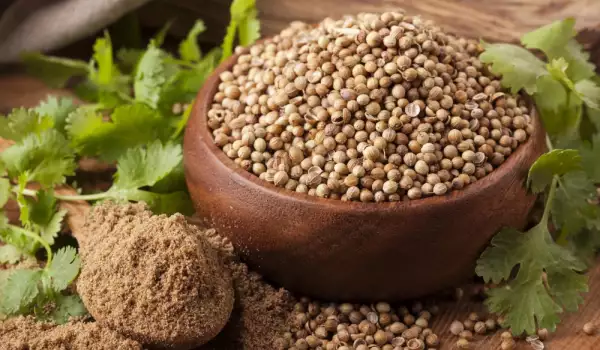
Dioscorides - a Greek physician and author of a number of books on healing properties of plants, believed that its use increases male potency. The founder of scientific medicine, Hippocrates, prescribed it as a medicine, but he also recommended flavoring wines with it, which significantly increased their beneficial effect.
Coriander is recommended for:
- pain in the stomach and intestines;
- diarrhea;
- cough;
- shortness of breath;
- vomiting;
- bronchitis.
Externally, the herb is used as an application for various inflammations, boils, purulent wounds, as well as for rheumatism and joint pain. In the pharmaceutical industry, the seeds are used to improve the taste of medicine.
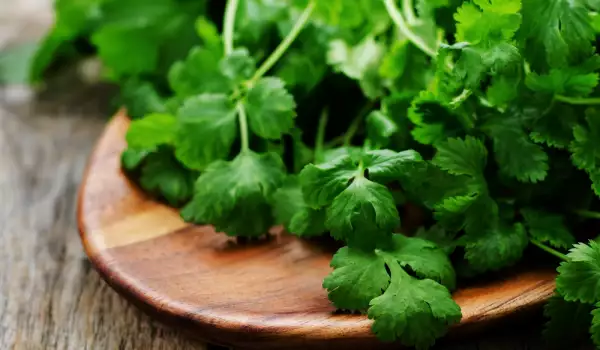
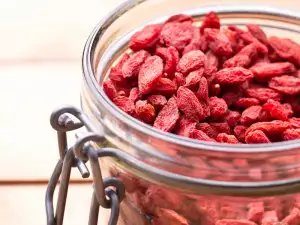
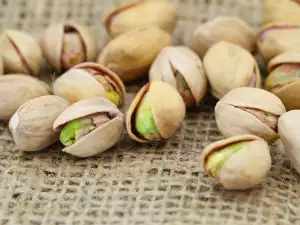

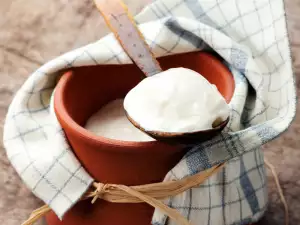

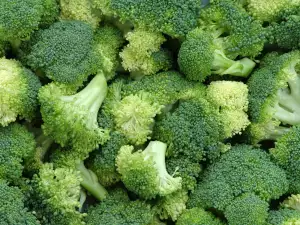

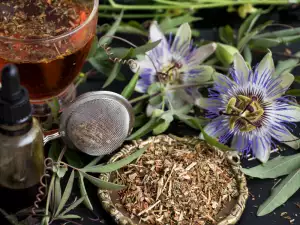
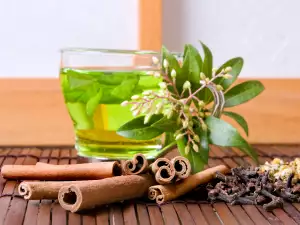
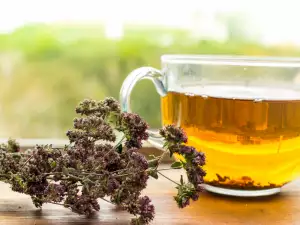
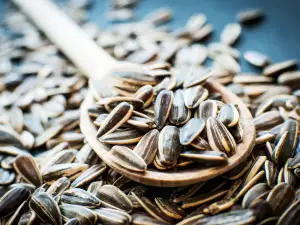

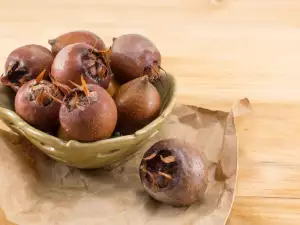
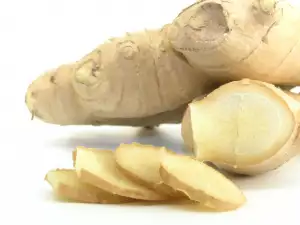





Comments